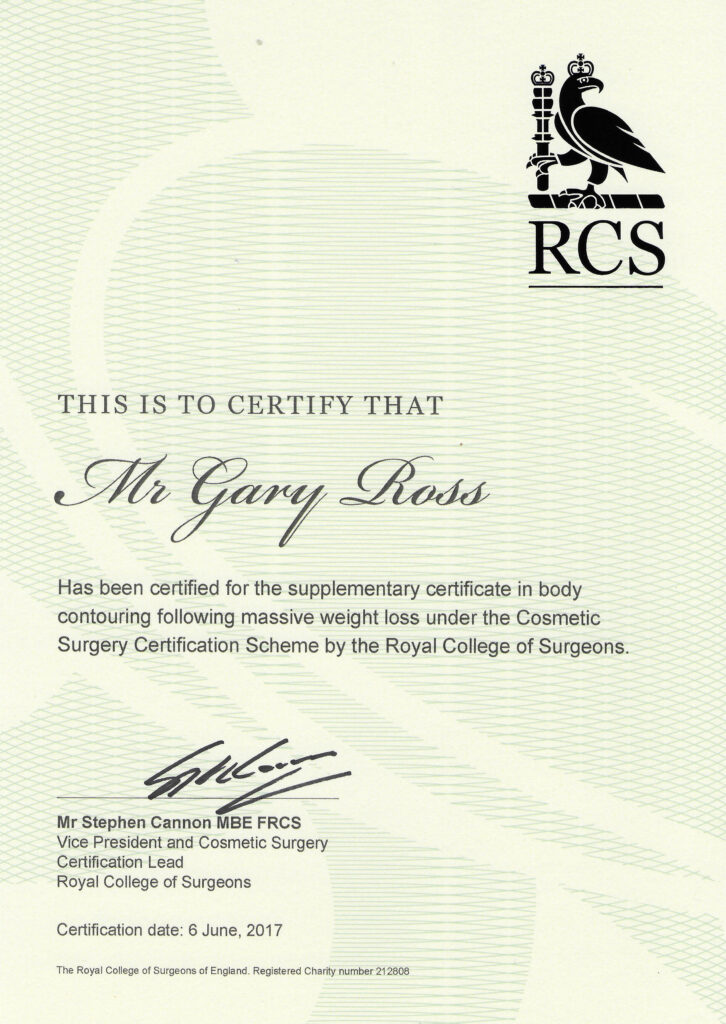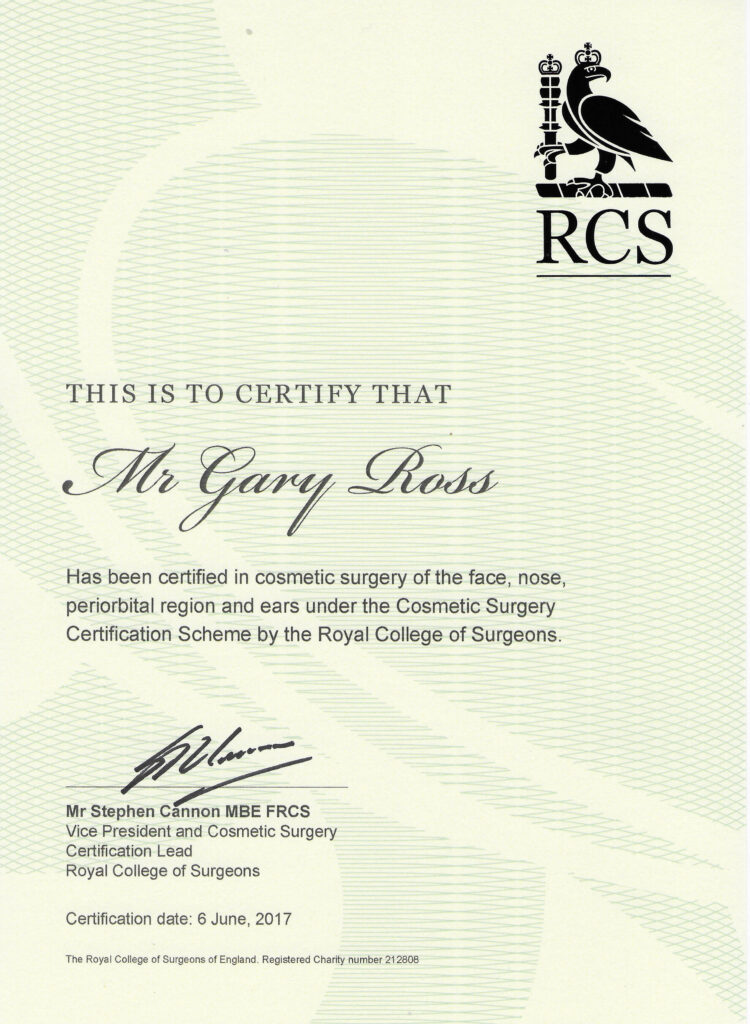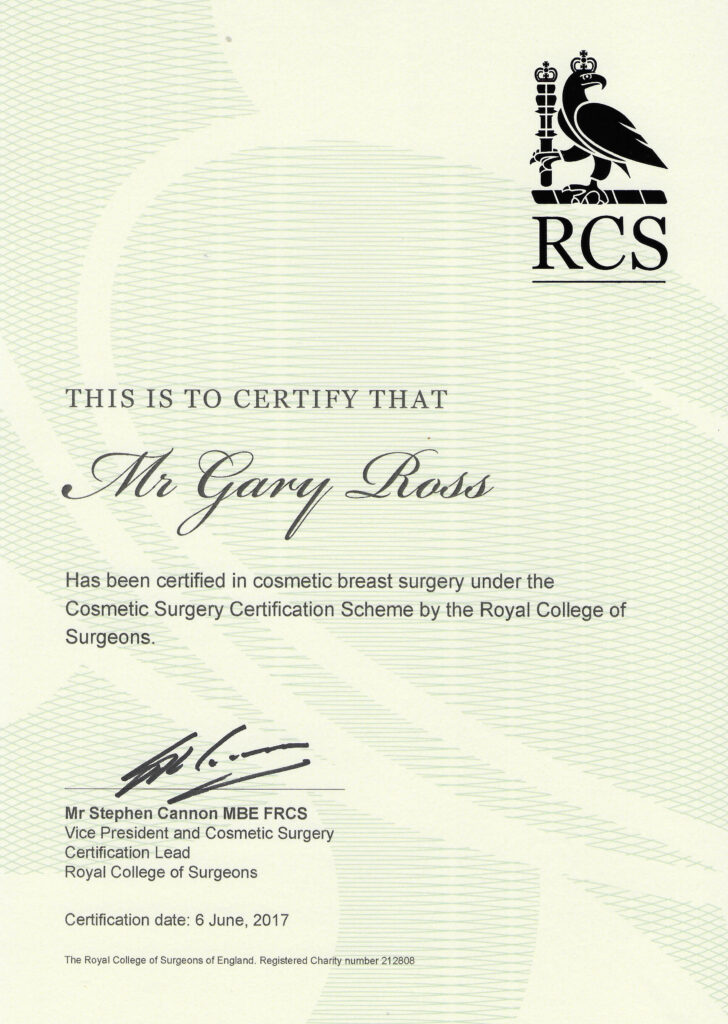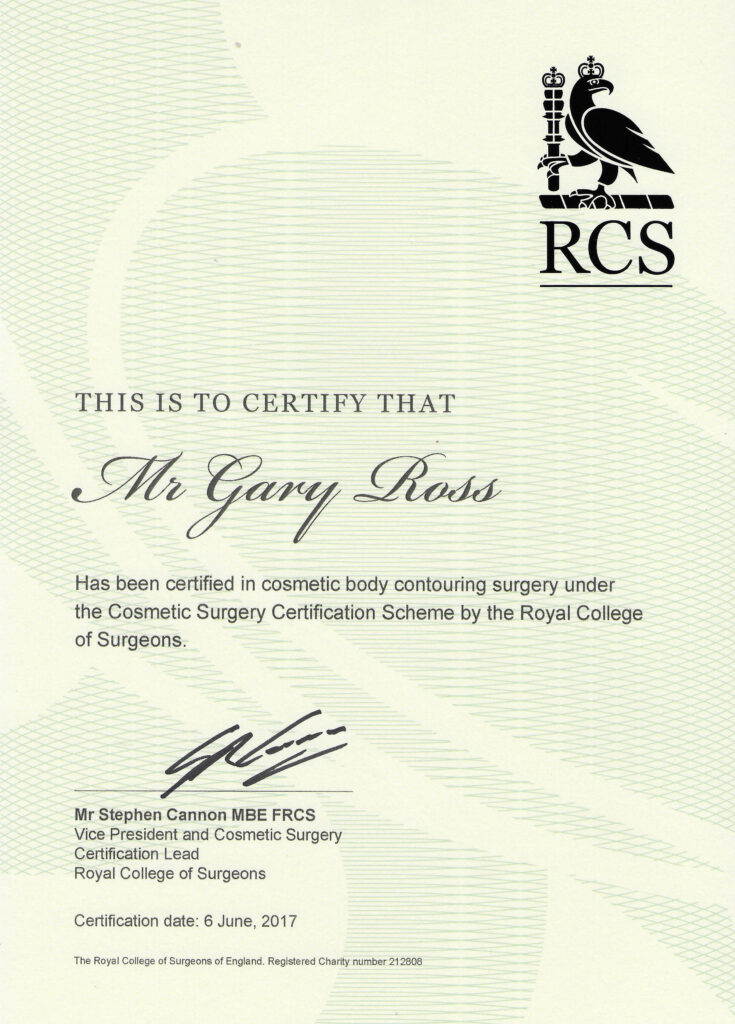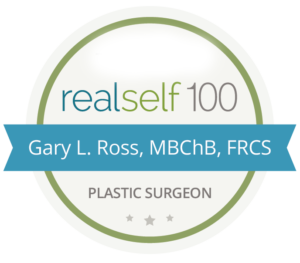I recently consulted with a patient that underwent the removal of a lipoma from her shoulder performed by another surgeon at a different hospital. The surgery had only been performed 2 weeks previously.
She described attending her postop consultation, 48 hours previously, with her original surgeon and expressing concern about the appearance of her scar. She quoted that her surgeon’s response to her concern in relation to the appearance of the scar was “that’s the price you have to pay”. Following a series of email exchanges it was clear that the doctor patient relationship had broken down. Throughout the consultation with myself she was tearful and emotionally distraught.
Having examined the scar it was clear that the surgeon, having removed the lipoma, had opted not to remove the excess skin of the shoulder and had opted to approximate the deeper tissues that resulted in a degree of skin excess. The excess skin was prominent above the skin surface and it was the skin excess that was causing her the concern. The actual superficial scar had been sutured perfectly and looked to be well healed.
I explained the role of dissolvable stitches and how the scar would flatten with time. I showed her examples of how scar’s matured over time and how excess skin would flatten. I also explained that on the shoulder, which is a very mobile area, that excising the excess skin may have eventually led to a more stretched scar and in fact her original surgeon had likely technically performed the ideal operation.
What struck me most about this was that although an optimal operation had been performed the patient not only felt that she had not achieved the optimal outcome but no longer trusted either the surgeon or the hospital in which the procedure had been performed. Not only did she not trust the original surgeon but she had consulted with myself as a second opinion as she had convinced herself that the surgery had been performed negligently and that she needed urgent revisionary surgery.
It is very unlikely that this lady will ever consult with her original surgeon again and the negative impact of her journey has affected not only her but also her family and friends. Increasingly negative experiences are being detailed through social media and on line reviews leading to reputational damage to individuals and organisations.
As surgeons we need to be aware that the technical aspects of surgery are only a very small part of the patient journey and that providing information and empathising with patients throughout the journey both preoperatively / postoperatively is imperative in delivering the optimal outcome.
Although performing an optimal technical operation is what we aim to achieve surgically what we must focus on the needs of the patient and what will make them happy. In order to improve quality of care surgeons must engage with patient feedback and patient outcome measures in order to reflect on what aspects of their practices can be improved.
